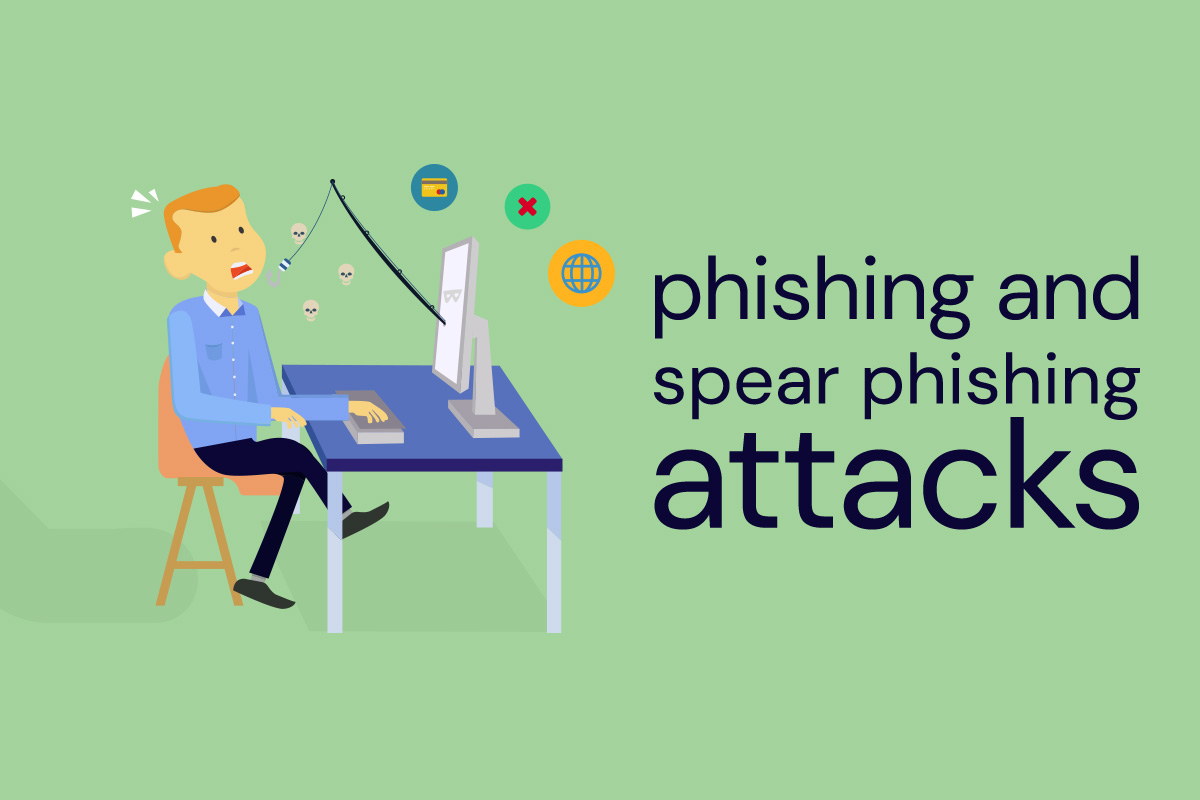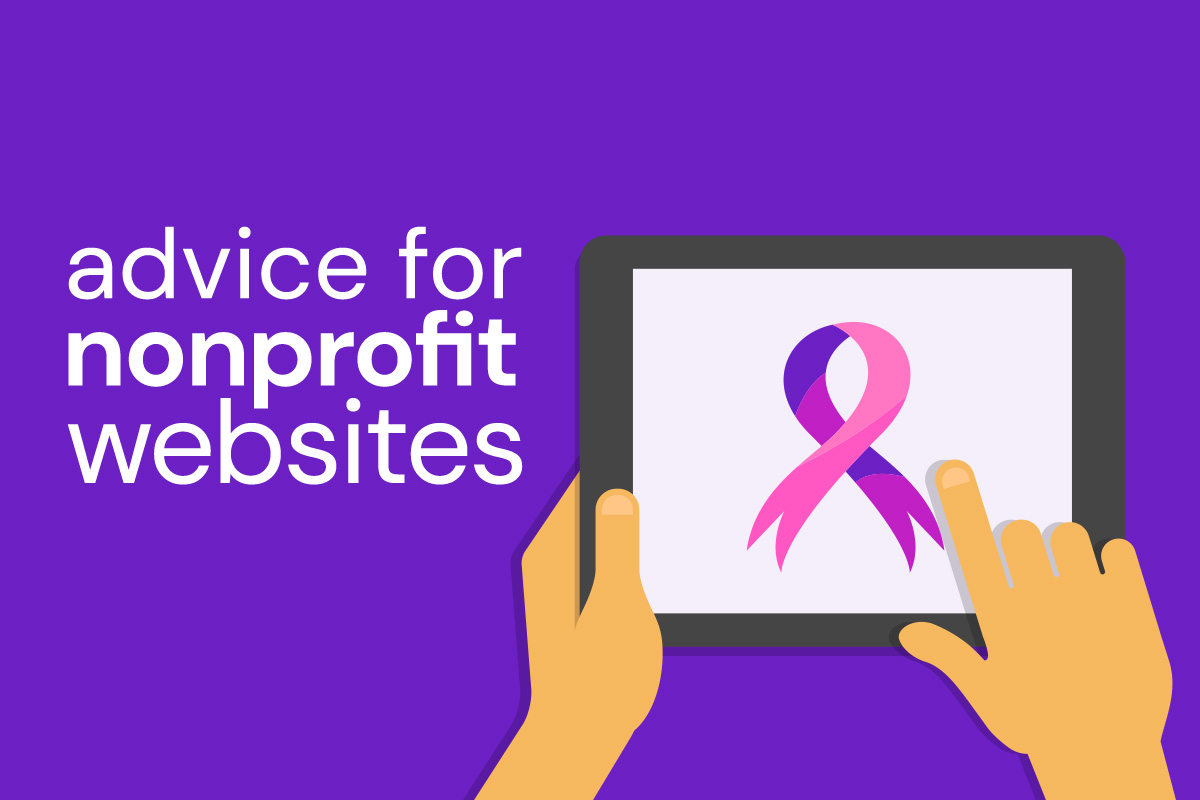A while ago, Facebook rolled out a feature that shows “related stories” that uses an algorithm to automatically suggest articles related to the news item your friend just opened. Now—mercifully—when someone posts something that sounds too bizarre and horrible to be true, a link to snopes.com will appear as a related article, demonstrating that said story is not true. (By the way, snopes.com derives its name from the Snopes trilogy by William Faulkner, a series about an unsavory family in ficitional Yoknapatawpha, Mississippi). Snopes has definitely helped stem the tide of misinformation… but the Internet still needs your help.
If It’s Too Good To Be True (Or Too Bad To Be True)… It Probably Is
Your mom was right. Are you reading a story that says Pope Francis is quoted saying “do whatever makes you happy”—flying in the face of 2,000 years of history? Yes—that was fake. Did you see a photo of a family in China with two movie-star parents, where it claims the husband filed for divorce because their son was born ugly? How strange that the photo shows three children. Yes, that’s another fake story that I saw this week, having been passed around for years. Sometimes even reputable news outlets pick these sorts of stories up, which makes the task of evaluating a source’s credibility even more frustrating for the average person.
It’s critical to think critically! Cultivate your skeptical side. Note when the URL of the website with this news story is msmbc.com instead of msNbc.com. Just because the webpage looks like a news site does not mean it is real news; anyone can design a website that looks like a news website. Sometimes there’s a disclaimer that the website is satire or fictional buried somewhere on the website, but sometimes not. This is not a regulated territory in any way. Fakenewswatch.com offers a list of hoax sites, but really you should just take a moment to Google a story to ensure it’s true before sharing it. If it is, you’ll see plenty of legitimate sources backing you up. If not, you may even see the word “hoax” or “scam” auto-completed in your search bar.
If It’s Universally Likeable… Maybe You’re Supporting A Like Farm
“Share this if you want to stamp out cancer!”
“Share this if you love your kids.”
“Share this if you eat pizza!”

So generic! So universal! It’s no wonder that people share these posts like they’re going out of style. Some businesses or users will set up a page, post items like this that are highly shareable, watch the likes and comments roll in, and then sell that page off to a business that wants a high-traffic page with good EdgeRank (Facebook’s unit of measure for user activity). Facebook is constantly looking for ways to reduce spamminess on its site—they want to be the only entity spamming you on Facebook! Eventually these like farms may disappear, but for now, why help them out by sharing their content?
Help Facebook Help The World
In January of 2015, Facebook rolled out a feature that allows you to report a news story as fake. Hoping to reduce the number of phony posts, Facebook takes note when many people flag a post as false, and even when people choose to delete posts. It will then get reduced distribution in News Feed.
That’s the end of our public service announcement for today. Any topics you’d like us to tackle? Let us know on our contact page or in the comments section!






